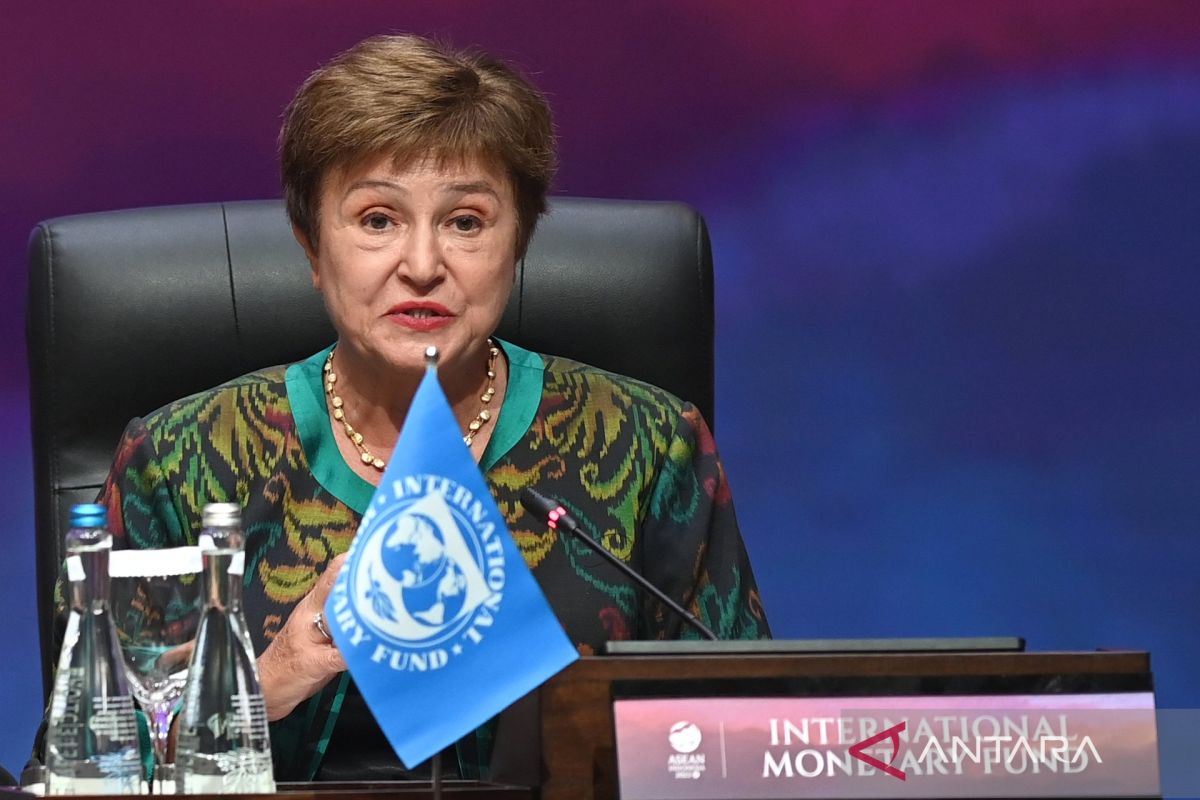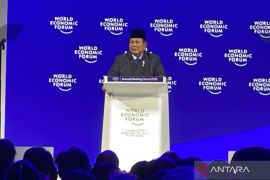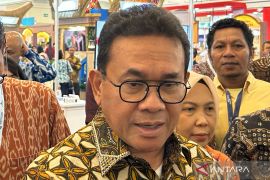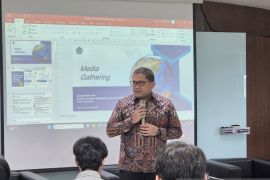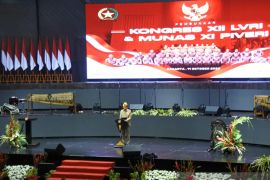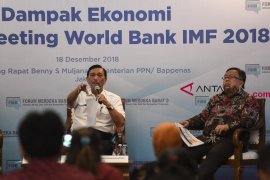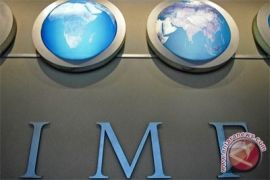IMF Managing Director Kristalina Georgieva said that ASEAN countries were quite affected by the global pandemic of COVID-19, especially in terms of their economic growth.
ASEAN was projected to grow strongly before the pandemic, but its growth has since dropped by half. As a result, it has lost eight percent of its potential output.
"This represents a significant consequence of the challenges we have been facing," she stated during the ASEAN-Indo-Pacific Forum (AIPF) in Jakarta on Tuesday.
She explained that ASEAN had also suffered from the interruption in supply chains due to the pandemic and the Ukraine war. The interruption has put greater pressure on most advanced economies and emerging markets, including ASEAN member states, leading to a crisis and inflation.
The interest rate is expected to stay high until 2024 or even 2025, which will certainly have consequences for ASEAN, one of which is in terms of the currency strength, she remarked.
Related news: Jokowi meets World Bank, IMF chiefs ahead of ASEAN summit
Georgieva emphasized that ASEAN should continue to grow dynamically in order to survive facing the current global economic challenges.
"It is a bright spot on the rather dim horizon. Global growth this year reached three percent, and ASEAN has reached 4.6 percent growth that is going to continue until next year," she pointed out.
"Sustaining this growth momentum is very important," she emphasized.
Georgieva recommended three main steps for ASEAN countries to sustain what she called "sound vibrant growth."
First, she suggested that ASEAN member countries maintain macroeconomic and financial stability to ensure consumers' and investors' confidence.
"This (the confidence) has served you well before the pandemic, and it needs to remain so," she remarked.
Related news: Indonesia continues to promote economic cooperation in Indo-Pacific
Second, she recommended that ASEAN governments invest more in education and skills.
"ASEAN people have to acquire the skills for tomorrow because we know that AI (artificial intelligence) already exists," she said, adding that the people of ASEAN need to have skills that cannot be replaced by AI in the near future.
Third, Georgieva suggested that ASEAN invest in digital connectivity and the green economy.
"There is no future without it. That has to be done," she stated.
The ASEAN-Indo-Pacific Forum (AIPF) is held in Jakarta on September 5-6 in parallel with the 43rd ASEAN Summit and the East Asia Summit. It hosts leaders' talks, panel discussions, and talk shows with captains of industry, project showcasing, and business matchings.
The forum also serves as an inclusive platform for ASEAN member states and partners, mainly from the public and private sectors, to engage in constructive discussions, identify potential tangible projects, and promote collaboration in the Indo-Pacific.
Three major issues of the future, namely green infrastructure and resilient supply chains, digital transformation and the creative economy, and sustainable and innovative financing, will take center stage in the discussions and showcased projects.
Related news: ASEAN should be more cohesive, bold, agile against challenges: Jokowi
Related news: President Jokowi emphasizes ASEAN unity still maintained
Reporter: Yuni Arisandy Sinaga
Editor: Anton Santoso
Copyright © ANTARA 2023
